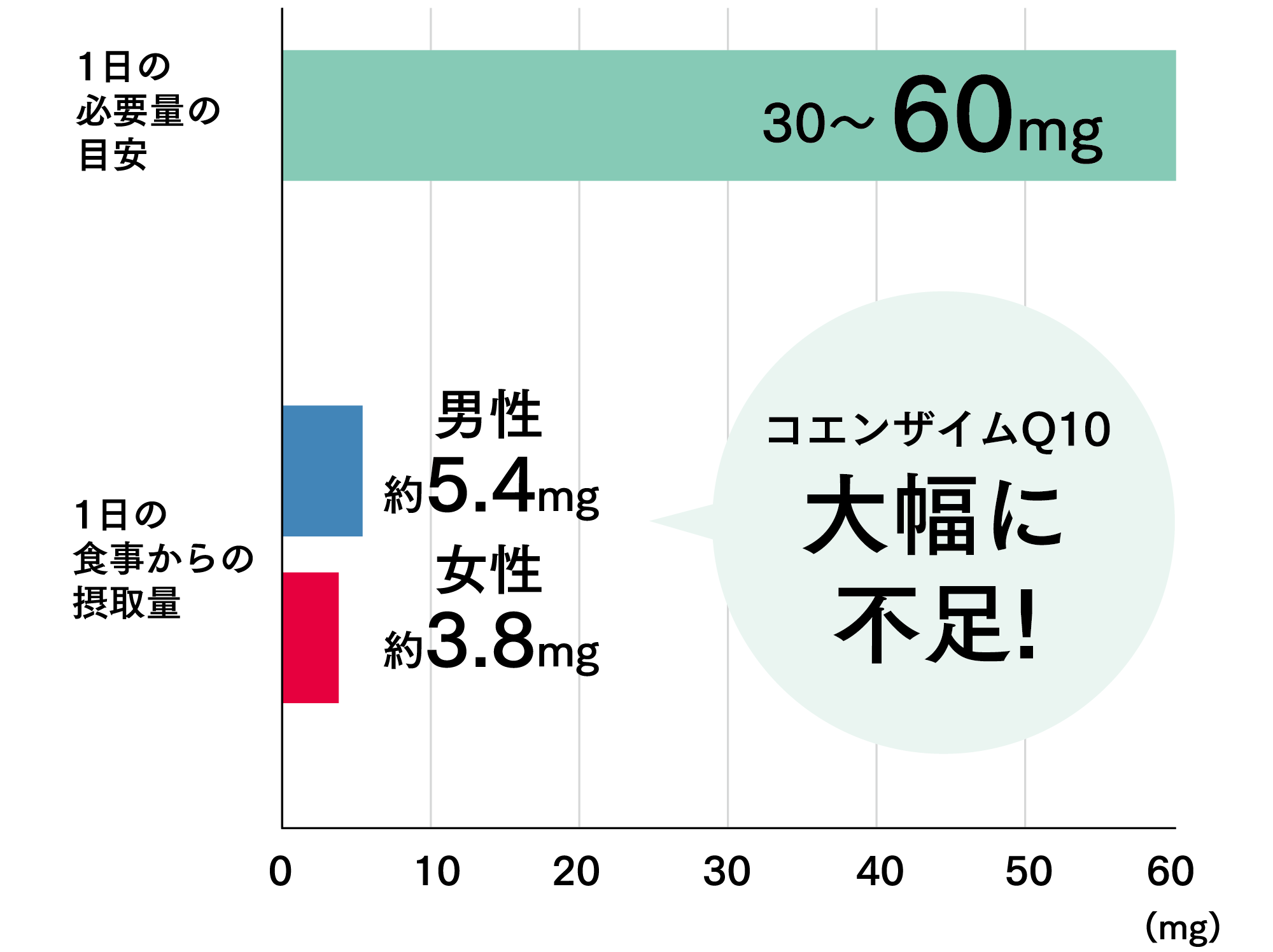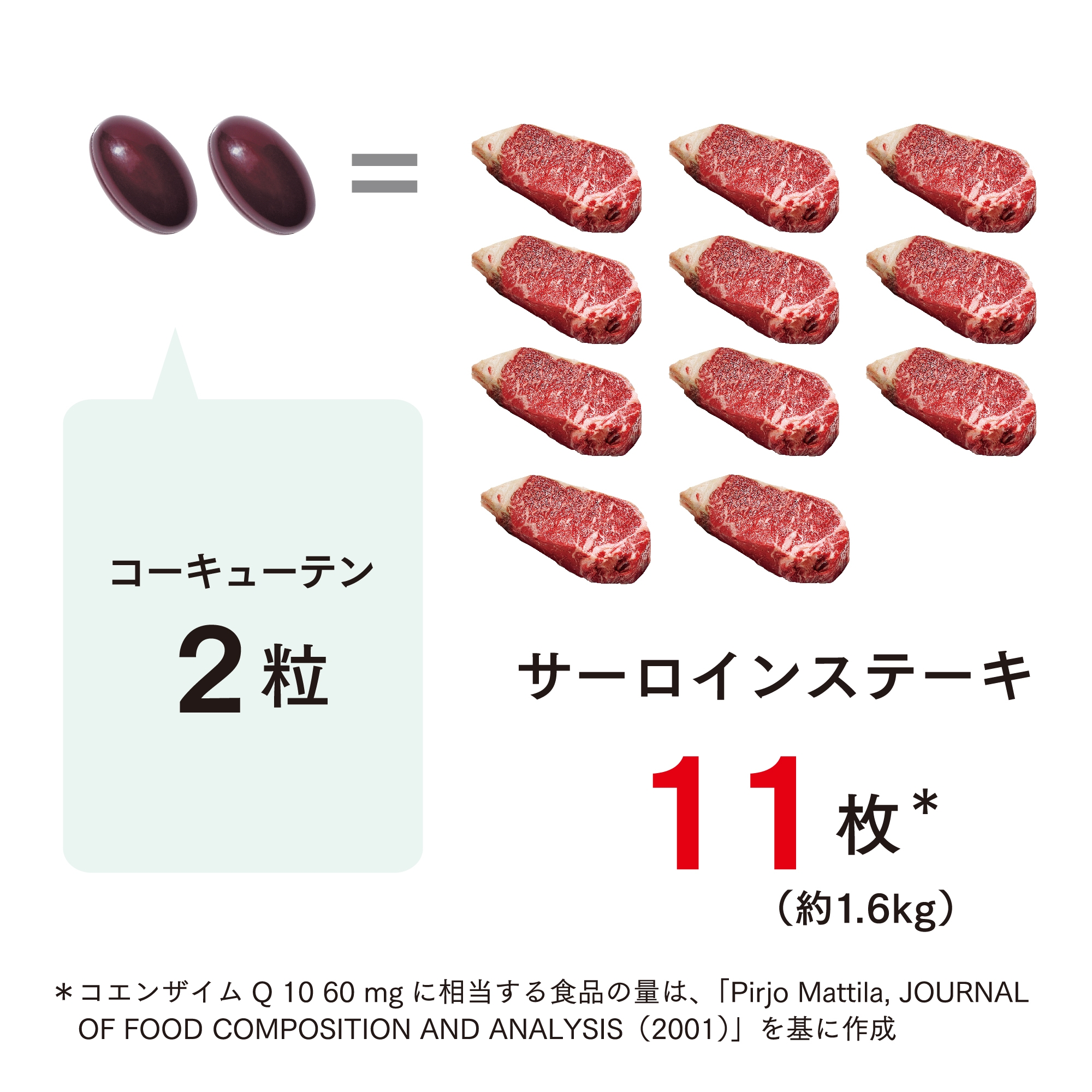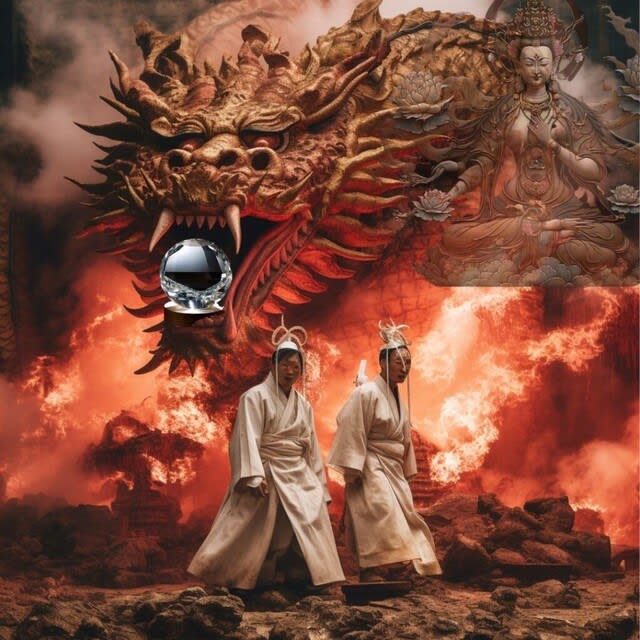座禅のときに、不意に、爆発的に表出することがある。 瞑想は、潜在意識層に おいておこなわれるので、ふだんはそこにひそんでいる意識が、 突然、表面にあら われてくることがある。 それが、座禅のときの「魔境」だが、この、抑圧意識の表 出は、座禅・瞑想のときだけとはかぎっておらず、その人の人生に非常なダメージ をあたえてしまうことが少なからずあるので、大いに注意しなければならぬのである。
もう少しくわしくのべよう。
抑圧意識フロイト型とソンディ型
われわれは、自分でも気がつかないすぐれた才能を、潜在意識の中に持っている のだが、同時に、その才能の発現をさまたげ、さらには自分を傷つける意識 や、それから生ずる葛藤をも、潜在意識の中に持っているのである。
この抑圧意識をとり除かなければ、人は健全な生活をいとなむことができない。
わたくしは、人間の抑圧意識を二つに分ける。
At the time of zazen, it may appear suddenly and explosively. Meditation is done in the subconscious layer, so the consciousness that is usually hidden there may suddenly come to the surface. This is the “makai” during zazen, but the expression of this suppressed consciousness is not limited to zazen and meditation, and it often causes great damage to the person's life. I have to be very careful because there is
Let's go into a little more detail.
Repressive Consciousness Freudian and Sondy
In his subconscious, we have outstanding talents that we are unaware of, but at the same time, we are aware of the fact that the consciousness that hinders the manifestation of that talent, and even hurts himself, and the conflict that arises from it. I have it in
Unless we get rid of this oppressive consciousness, we cannot live a healthy life.
I divide human oppression consciousness into two.
Repressive Consciousness in Deep Consciousness
The repressive consciousness of the subconscious layer is called "Freudian". The repressed consciousness of the deep consciousness layer is called "Sondy type".
First, it is Freudian.
1, Freudian
The Freudian pattern is also the theory of that famous psychologist, Sigmund Freud.
It follows.
Freud is one of the founders of modern psychology who took a close look at the unconscious consciousness. He developed the theory of psychoanalysis that later became famous.
To put it simply, the first few years after the birth of a human being are almost in a state similar to hypnosis. For it is the state in which the unconscious mind (subconscious mind) is more active than the conscious mind (superficial consciousness), and during his years the child is exposed to various influences. and implied. Those influences and suggestions are in direct opposition to the desires and tendencies of the child. The result is conflict and trauma.
A child, and even an adult, can remember nothing of them, but they continually influence his behavior, even if he is unaware of them.
Furthermore, it is said that after several years, sometimes ten years or so, it produces an unexpected reaction in the person.
In summary, the human mind and its behavior are influenced by the unconscious consciousness more than we can imagine.
This means that it has a strong impact on
As psychologist Jean-Paul Charrier puts it:
First, repression creates psychological conflict. Some of us can never resolve such conflicts. In that case, their personality development and adulthood are hampered or disturbed.
Second, repressed tendencies never go away, but rather hide behind social customs and emerge on the spur of the moment. It manifests itself in a variety of ways: sometimes it bursts out violently in the form of games, wars, persecutions, etc.; (e.g., forgetfulness, misrepresentation, loss of valuables, unexpected blunders, abandonment of important tasks, etc.), neurotic
behavioral (neurotic state; induced by trauma and associated with disturbance of emotional life)
The mental and physical abuse, persecution, and humiliation he received as a child sinks (in other words, forgets) into the lower part of his consciousness (that is, the subconscious layer) as time passes. Will.
Here, conflicts and scars remain. This is the “repressed consciousness”.
This repressed consciousness constantly affects the person's surface consciousness and regulates the formation of personality and behavior. Moreover, this repressed consciousness can turn into an unexpected urge after several years or more than a dozen years, causing people to take actions that are difficult to understand.
What will happen if we leave this kind of repressed consciousness as it is and run toward psychic powers?
The above is the "Freudian type".
2, Sondy type
On the other hand, the ``Sondy type'' is based on the theory of L. Sonde, the founder of the new psychology ``Destiny psychology/Family deep psychology'' that emerged after Freud and Jung. be.
・Sondi is the Hungarian Lipot Szondi, who followed Sigmund Freud and Carl Jung, pioneers of modern psychology, and pioneered a completely new field of psychology. Doctor.
To briefly explain Sondy's achievements, modern psychology began in 1900 with his Reuttian psychoanalysis and gradually entered the pursuit of the unconscious consciousness. Deep psychology as a theory of unconscious consciousness proceeded by dividing into two "layered studies".
1, Freud's personally repressed "layers" of the unconscious
2 Jung's "Layers" of the Collective Unconscious (1913)
In 1937, however, a third line of research emerged between these two layers.
This is the theory of deep psychology called "Fate Analysis" (Schicksalsanalyse), which was founded by L. Sondy.
In short, until then, deep psychology was broadly divided into Freud's individual unconscious layer and Jung's collective unconscious crowd psychology), and these two "layers" were the subjects of research. It was.
However, L. Sondy's ``Fate Analysis'' attempts to elucidate the third area of the unconscious, the ``family unconscious,'' which lies between these layers.
In other words, he discovered the "family" between the "individual" (Freud) and the "crowd" (Jung).
It must be said that this is a very appropriate and unique point of view.
In his "fate analysis" theory, he argues:
“The desires of a particular ancestor, repressed in an individual's subconscious, become his unconscious choices in love, friendship, occupation, disease, and death, and determine his fate. ”
In other words, the desires of an ancestor repressed and hidden in his deep consciousness determine his love affairs, friendships, occupation, illness, and even the way he dies without his knowledge. , That's what it means.
This is the most shocking theory for us. Rather, it should be called the most frightening theory.
If our lives were to be determined by the desires of a particular ancestor, whether in love, friendship, occupation, illness, or even death, wouldn't he be the one who had no maku from which "I" could appear?
It means that you will be swung around for the rest of your life, following the wishes of your ancestors. Is he really that stupid?
It seems difficult for anyone to believe it so easily, but L. Sondy used numerous examples as the basis for his theory, which was recognized by the academic world as it was, and his theory is now recognized as a deep psychology. It has become one of the big trends in science.
Examples include world-famous writers such as Dostoevsky and Balzac, and are extremely persuasive. Above all, however, anyone who hears of his own mysterious experience that led to the creation of this theory would feel that he is compelled to listen to his theory. Interestingly, this world doctrine was motivated by his own very strange experience.
Since then, I have seen with my own eyes that this theory of his has actually happened to many people.
This theory of his occurs as a "repetitive phenomenon of fate."
In other words, the fate of a certain ancestor who led an unhappy life is unconsciously assumed as it is.
It repeats itself.
It is his repetition that appears on ``love'', ``friendship'', ``vocation'', ``disease'', ``mode of death'', and so on. This includes mental troubles and conflicts.
It is truly eerie and can only be described as tragic. motivation to do it
Because the power is hidden in the unconscious layer, I am completely unaware of it. It appears impulsively. Therefore, Sondy's psychology can be summarized as "impulse psychology". In the unconscious, people
Repressed consciousness that arose after birth (Freudian type)
Suppressed consciousness from before birth (Sondi type)
And I have these two. (Of course, it is rare, but some people say they have neither. Others say they have both.)
Unless these consciousnesses are removed, it is difficult for him to lead a healthy life in any case.
This is because the intellect/reason in the surface consciousness and the repressed consciousness hidden in the subconscious and deep consciousness are constantly fighting each other, causing a conflict.
Repressed consciousness tries to appear as impulsive actions. but it is the surface
There are many things that are incompatible with reason and intelligence in consciousness. So, naturally, conflict arises.
In an attempt to suppress that conflict, even stronger repression arises and scars are created.
The person himself is tormented without understanding why he has an incomprehensible conflict in his heart that he does not understand. From the outside, he seems like a man full of contradictions and a psychopath.
However, it is "normal" according to the diagnosis by a specialist.
Children's "emotional instability", "domestic violence", and "refusal to go to school" are increasing rapidly now
People must know that almost all of the contradictory behaviors of adults stem from this depressive consciousness.
深層意識層における抑圧意識
潜在意識層の抑圧意識を、「フロイト型」とよぶ。 深層意識層の抑圧意識を、「ソンディ型」とよぶ。
まず、フロイト型である。
1、フロイト型
フロイト型というのは、あの有名な心理学者、ジークムント・フロイトの説にも
とづくものである。
フロイトは、無意識の意識にメスを入れた近代心理学の始祖の一人であるが、か れは、「無意識が、一定の時間を経てから、意識生活に影響を及ぼす」ことを発見 して、のちに有名になった精神分析論を展開した。
それをかんたんにのべると、人間が誕生して以後の最初の数年間は、催眠とほと んどおなじ状態である。 なぜなら、それは、意識的精神 (表面意識)よりもむし ろ、無意識的精神(潜在意識)のほうが、 多く活動している状態であるからで、そ の数年間は、子どもは、さまざまな影響と暗示をうける。それらの影響と暗示は、 子どものもろもろの欲望や傾向に、まっこうから対立する。 その結果、葛藤や、 神外傷が生ずる。
子どもは、そしておとなになってからも、それらのことは何も想い出せないが、 かれが気づかなくても、それらはかれの行動にたえず影響を及ぼす。
さらに、それは、数年も、時には十数年もたってから、その人格に思いがけ ぬ反応を生ずる、というのである。
要約すると、つまり、人間の精神形成とその行動に、無意識の意識が、想像以上
につよい影響をあたえているということである。
また、心理学者ジャン・ポール・シャリエはつぎのようにいっている。
第一に、抑圧は心理的葛藤を生じさせる。われわれのなかには、そうした葛 藤をいつまでたっても解決できない者がいる。その場合、彼らの人格発達と、 おとなとしての成長はさまたげられたり、乱されたりする。
第二に、抑圧された諸傾向は、けっして消滅することはなく、 社会的習慣の 背後に身をひそめ、思いがけないきっかけを利用して外に表われてくる。 その 表われ方はさまざまで、ときには、遊戯、戦争、迫害などのかたちではげしく ほとばしり出たり、あるいは何でもないような出来事のかくれた、象徴的な姿 のもとに、あるいは、満たされない欲望に禁じられた満足をあたえる夢となっ て、あるいは、言い間違い、行為 しくじり、たとえば、 ど忘れ、言い間違い、貴重品の喪失、思いがけないへま、重大な仕事の放棄など)、神経症的
行動(神経症の状態。精神外傷によって誘発され、感情生活の障害をともなう
子どものころに受けた精神的・肉体的虐待や迫害、屈辱などは、時間の経過に つれて、意識の下部(つまり潜在意識層)に沈んでゆく(つまり、忘れる)が、そいかがであろう。
こに、葛藤と傷痕となって残る。これが「抑圧意識」である。
この抑圧意識は、たえずその人の表面意識に影響をあたえ、人格の形成と行動を 律する。しかも、その抑圧意識は、数年、あるいは十数年以上もたってから、思い がけぬ衝動となって、理解しがたい行動を起こさせることがある。
こういう抑圧意識をそのままにして、超能力志向などに走ったら、 どういうこと になるであろうか。
以上が、「フロイト型」である。
2、ソンディ型
これにたいして、「ソンディ型」というのは、フロイト、ユングのあとをうけて あらわれた新しい心理学「運命心理学・家族的深層心理学」の創始者、L・ソンデ の学説にもとづくものである。
・ソンディというのは、近代心理学の開拓者であるジークムント・フロイト、 カール・ユングにつづいて、それまでにまったくなかった新しい心理学の領域を開 創した、ハンガリーのリポット・ソンディ (Lipot Szondi) 博士である。
・ソンディの業績をかいつまんで説明すると、近代心理学は、一九〇〇年、フ ロイトの精神分析に始まり、しだいに無意識の意識の追求に入っていった。そし無意識の意識の理論としての深層心理学は、二つの「層次研究」 にわかれて進 んでいったのである。
1、フロイトの個人的に抑圧された無意識の「層」
2ユングの集合的無意識の「層」 (一九一三年)
ところが、一九三七年に、第三番目の研究方向が、この二つの層の中間に出現し たのである。
それが、L・ソンディによって開創された「運命分析」 (Schicksalsanalyse) とよ 深層心理学理論である。
要するに、それまでの深層心理学は、大づかみに分けて、フロイトの個人の無意 識層と、ユングの集合的無意識層群衆心理学)と、この二つの「層」が研究対象 とされていたのである。
ところが、L・ソンディの「運命分析」は、それらの層の中間にある「家族的無意識」という無意識の第三番目の領域を、研究対象にして解明しようとするのであ
つまり、「個人」(フロイト)と「群衆」(ユング)との中間に「家族」を発見し わけである。
これは、いかにも妥当であり、かつユニークな着眼といわねばならない。
かれは、その「運命分析」理論で、こう主張するのである。
「個人の深層意識のなかに抑圧されているある特定の祖先の欲求が、 その個人の恋 愛・友情・職業・疾病・および死亡における無意識的選択行動となって、その個人 の運命を決定する」
つまり、自分の深層意識のなかに抑圧されてひそんでいるある先祖の欲求が、自 分の知らないうちに、自分の恋愛・友情・職業・病気・死にかたまで、決定してし まう、というのである。
これは、われわれにとって、この上なくショッキングな学説といわねばなるま い。というより、この上なくおそろしい学説というべきだろう。
われわれの人生が、 恋愛・友情・職業・病気・死にかたまで、ある特定の先祖の 欲求によって決定されてしまうとしたら、「自分」の出るマクなど、まったくない ではないか。
あるご先祖さまの欲求のままに、一生ふりまわされるということになる。そんな バカなことがほんとうにあるのだろうか?
だれしもそうかんたんに信じ難いものと思われるが、L・ソンディは、数多くの 実例をあげて、その学説の論拠とし、それはそのまま、学界に認められ、かれの学 説は、いまや、深層心理学における一つの大きな潮流となっているのである。
その実例の中には、ドストエフスキーやバルザックなど世界的作家がふくま れ、非常な説得力を持っている。 が、なによりも、この学説開創の発端となったか 自身の不思議な経験を聞いたら、だれしも、かれの学説に耳を傾けざるを得ない のではないかと思われるのだ。おもしろいことに、この世界的学説は、かれ自身の 非常に奇妙な体験が動機となってスタートしたのである。
以来、かれのこの理論が、じつに多くの人びとの身の上に起きていることを、わ たくしは、じっさいにこの目で見てきた。
かれのこの理論は、「運命の反復現象」となって起きるのである。
つまり、不幸な人生を送ったある特定の祖先の運命を、無意識のうちに、そのま
反復してしまうのである。
その反復が、「恋愛」「友情」「職業」「疾病」「死亡の型式」等の上にあらわれる のである。その中には、精神的な悩み、葛藤などもふくまれている。
それは、まことに不気味で、かつ、悲惨としかいいようがない。それをする原動
力が、無意識層の中にひそんでいるのだから、自分はまったく気がつかないのである。それは衝動的にあらわれる。だから、ソンディの心理学を、「衝動心理学」と要約するとこうなる。 人は無意識層の中に、
生まれてからのちに生じた抑圧意識(フロイト型)
生まれる前から生じていた抑圧意識(ソンディ型)
と、この二つを持っている、ということである。(もちろん、稀だが、どちらも 持っていない、という人もある。どちらも持っているという人もある)
これらの意識をとり除かないと、いずれにしても、健全な人生を送ることは むずかしい
なぜならば、その人は、表面意識にある知性・理性と、潜在意識、深層意識の中 にひそむ抑圧意識とがつねにたたかって、葛藤を起こすからである。
抑圧意識は、衝動的な行動となってあらわれようとする。しかし、それは、表面
意識にある理性・知性とはあい容れられないものが多い。だから、当然、葛藤が起
その葛藤を押さえようとして、さらにつよい抑圧が生じたり、傷痕をつくったり する。
本人は、どうして、心の中に、自分でも分からない、得体の知れぬ葛藤が起きる のか理解できないまま苦悩する。はたから見ていると、矛盾にみちた人間で、 精 神病者としか思えない。
しかし、専門医の診断では「正常」なのである。
いま、激増しつつある子どもたちの「情緒不安定」「家庭内暴力」「登校拒否」
も、いや、大人たちのもろもろの矛盾きわまりない行動も、ほとんどすべてこの抑 意識から生じていることを、人は知らねばならぬのだ。












 いつまでもアクティブに、エネルギッシュに過ごしたい…
いつまでもアクティブに、エネルギッシュに過ごしたい… 美容に良いことは取り入れたい…
美容に良いことは取り入れたい…
 CoQ10は私たちがエネルギーを作り出すのに必須の物質です。
CoQ10は私たちがエネルギーを作り出すのに必須の物質です。 CoQ10は体内でつくられますが、その量は加齢とともに少なくなることが知られています。
CoQ10は体内でつくられますが、その量は加齢とともに少なくなることが知られています。
































